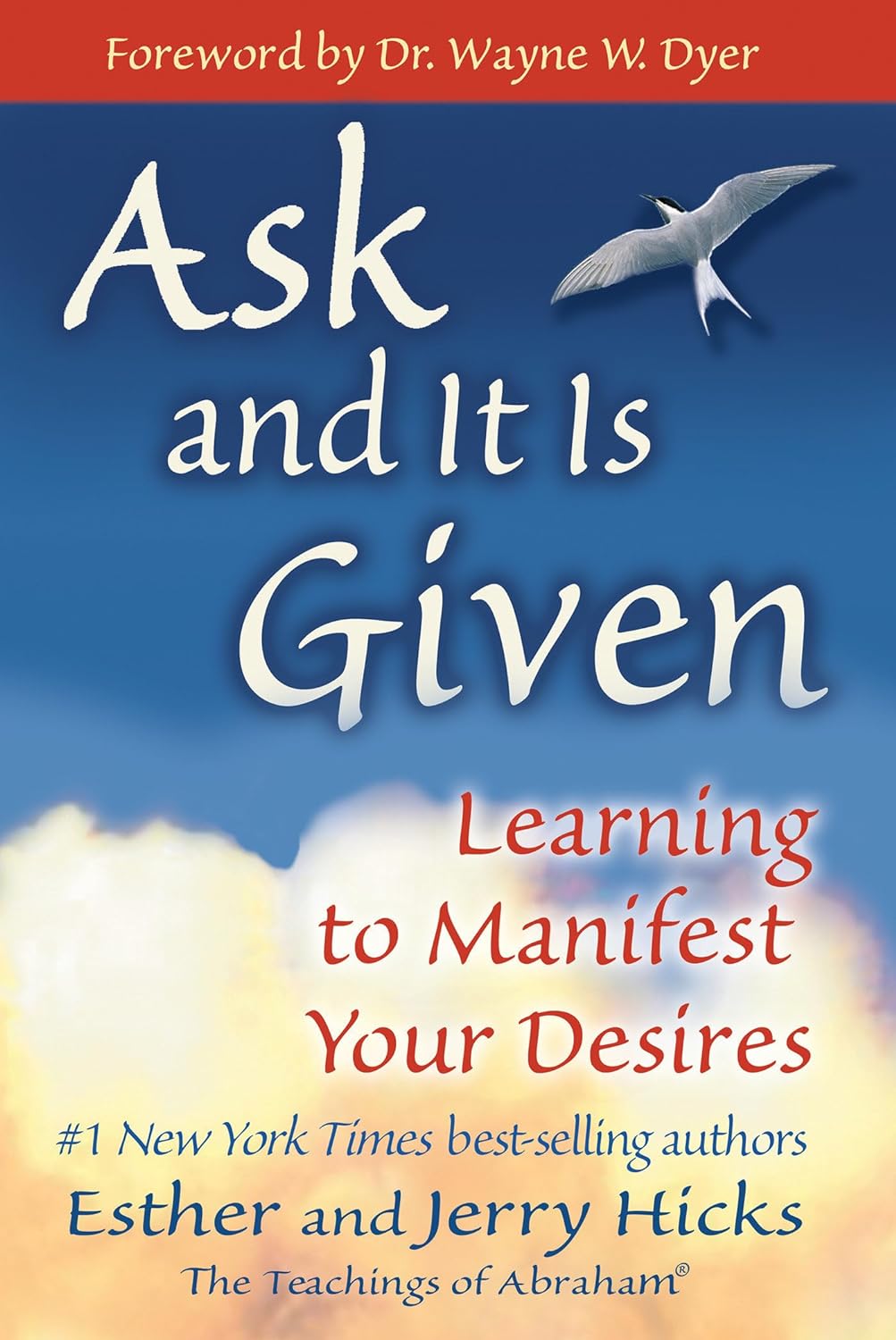How out-of-body experiences could transform yourself and society | Nanci Trivellato | TEDxPassoFundo
Translator: Rafael Figueiredo de Souza Jr. Reviewer: Claudia SanderIs the reality we live inthe actual reality?But, what is reality?Could we say it iswhat we detect with our sensesor with the help of technology?But, if we would say so,then what about the periodwhen microorganisms were not known?They were real at that time, of course,even though they were not acknowledged. And what about our sky?Does it look like this?Or like this?Perhaps like this?Or this?It turns out that all of theseare real picturesof the exact same region of the sky,but the cameras used to take themcaptured different wavelengthsof the electromagnetic spectrum. But would a non-informed personconsider this our real sky?I’d say, most probably not. So, we see that definingreality is not so easy. My own understanding of realityhappened to be challengedwhen I was very young. And that one experiencemade me become a researcherof paranormal phenomenaand non-ordinary reality. But I must say that it’s,somehow, a challenge for me,because as a researcherI see how complex it isto explain this sort of phenomenaand even more complex it isto find concrete evidences . But, as a person, I cannot denythe experiences that I had. So, that’s kind of a dilemma,and I deal with it thinking, “Thisis something that needs further study. “And I and try to contribute to this. My experience happened when I wasvery young, about 7 or 8 years old,and an uncle and aunt of minewent on a trip to São Paulo,a big city I had onlyheard about at that time. A few nights later, during my sleep,I felt myself floating upwards,and somehow I ended up in São Paulo,in a room where my unclewas lying on the bed. And I saw he had some little tubesinserted into his nostrilsand there was a bag with a liquidthat would be injected into his arms. I also saw something even stranger. He had a thin clear tubethat was connectedfrom his abdomen, as far as I could tell,to a glass jar placed on the floor,which held a slightly reddish liquid. That blew my mind. I didn’t have a clue of what that was,because I’m from a very small townin Brazil, that you can see here. This is the whole town,compared to a little part of São Paulo,which you saw before. Wonderful people live there,but at that time, almost 50 years ago,it had no book stores,no libraries, no movie theatres,of course, no universities. But I must say I hada very happy childhood,because I grew up with six siblings,we were always playing around,but we had no illnesses in the family. We didn’t have either money enoughto have a TV in our house or to buy books. So, I had never seenanything like that before. When they came back from their tripI just said to my aunt,”Hey, I saw uncle Ginolaying down on bed and in such room,”and I described what I had seen. She was baffledand just changed the subject. But later that day,I overheard her telling my mother,”How on earth could Nanci have known thatif not even you or anyone else knewhe was going for a bladder surgery?Because we didn’t tell anybody,as we didn’t want you to worry about it. “So, that experience,as well as others I’ve had,compelled me to seekfurther studies in this . I found out that this experience is calledan OBE or out-of-body experience,which is a phenomenon,according to the current model,in which the consciousnessmoves away from the human body,being able to experience a realitythat is subtler than this ordinary one. In my search for serious studiesI found that science was- I’m afraid maybe it still is -far from understandingor even acknowledging a realitythat is beyond the boundariesof this standard material world. So I thought,”How are meaningful experiencessuch as mine examined?”And then I decided that one dayI’d join the small group of individualswho were dedicated studying it. Among the bodies of workthat I researched,one that I found to be amongthe most scientific at that timewas that of Robert Crookall. He compiled thousands of OBE accountsin order to compare themand see if there were common elements. He concluded that these experiencesare not a result of beliefs of any kindand are independent of cultural aspects. Now, we must say that interpretationof the experience, yes,that may be influenced by one’s beliefsbecause, unavoidably, most individualswould interpret their experiencesaccording to their own belief system. This is where current research on OBEsand expanded states of consciousnesscomes into play, because it may help revealwhich elements makean experience reliable. And I’d say that education on this topiccould also reducethis degree of subjectivityin the interpretation of the experience. There have been a number of surveysand laboratory experimentsunder controlled conditionsto investigate OBEs. I also have conducted several of them,with published results -interesting results,but no conclusive evidences yet. I’d love to share them with you,but we don’t have time. But, perhaps I can at least share with youwhat are some of the common sensationsthat one would experiencewhen in partial or completeseparation from the body. I myself have experiencedmany of these sensationssince I was very young. For example, I vividly remember momentswhen I was relaxed, just lying in bed,and I would feel a very strongvibration inside my body,unusual, powerful,as if all my cells were connectedto some sort of electricityor being activated by a live energy. And I came to learn laterthat this vibrating sensationis referred to as “vibrational state”and is quite commonamong those who have had OBEs. In many instances, also,I would see my bodyfrom a third person vantage point. Especially when I was a kid,in a childlike manner of thinking,I would wonder,”How can I be sleeping if I’m awake?”Because that state wastotally different from a dream,but I still didn’t know it was an OBE. Common sensations alsoare those of floating, swaying,sometimes falling or jerk awake. But a stranger sensationthat I have had many timeswas that of feelingI couldn’t move my body,as if I were paralyzed. Well,I wouldn’t exactly call it pleasant,especially when you don’t know what it is. But I came to learn laterthat this is a natural sensation,that it’s part of the first stagesof detaching from the bodyor returning to it. These are just some examples. But I must saythat fear of these sensationsmay hinder the OBE occurrence. I would like to saythat all of my out-of-bodyadventures were very enjoyable. However, sometimes,in my regular waking state,I would sense some sort of subtle energiesor invisible presences around me. That made me scared as a child. This led me to studysensitive kids to find outwhy they experiencethese kind of phenomena;how they interpret them;what sort of consequences they would faceboth during childhood or later,in adult life, because of this;and how parents and societynormally react to their sensitivity. But I must say that, it’s obvious,not only kids haveout-of-body experiences. As adults we can have them too. This is a natural phenomenonthat arguably can belearned and developed. So, it is not only “special” peoplewho can have it. But the problem here is:how do we go about studyingthis type of phenomena,with a true scientific spirit?To start with, we must stopjust dismissing the phenomena or sayingthere’s something wrong with the personbecause these are notconventional perceptions. And we must acknowledgethat there may be factsabout human manifestationthat we don’t know or understandand we must search for explanationswith no presumptionsor preconceived ideas. So far, most of the academic researchhas been dedicated to the studyof the so-called physical world,which is of essential importance,of course, and must be the first step. However, if we even considerthe possibility of the existenceof a reality that’s subtler than this one,but which is just as real,even though it may escapeour regular senses,we must find ways to research it. If OBEs allow the directobservation of it, then, maybe,until proper technology is developed,OBEs are the natural toolsbecause they would allow researchersto witness this realityand verify its possibleinteraction with our reality. If we were ever to get to this point- let’s imagine we couldhave this type of research -what sort of consequenceswould that bring to science?Well, this knowledgecould bring very useful insightsinto many different domainsof scientific research,from medicine to physics. In turn, this could promotea scientific viewthat would acknowledgeour individuality, us as individuals,as consciousnessesthat exists beyond the brain,which would encourage the integrationof variables and factorsthat are not strictly physicalinto the scientific process. For example, medicine. Medicine could benefit from identifyingwhen these more subtleelements could be interferingwith patients’ healthor inexplicably curing them. Physics could examinephenomena and their outcometaking matter and energyinto considerationfrom a multidimensional perspective. But we face three big challenges,at least, on this process. First: how can we separatethose who only dream, fantasize, imagine,or, maybe, have brain characteristicsthat gives them perceptionsthat they consider to be non-physicalfrom those who have real experiences,with lucidity, awareness,clarity of thought, and detachmentfrom preconceived notions or beliefs?Probably, what we need here is to identifywhich elements separate real,non-ordinary experiences,from fantasy or brain creations. But without acknowledgingthe phenomenon,not even this first stepscientists can take. Second, we also need to learnhow to separate or distinguishserious scientific initiativesfrom unsubstantiated information,or worse, I must say. Because unfortunately,there are individuals or groupsthat all together disregardthe basic scientific principlesor the scientific knowledgewhen studying the so-called“non-physical phenomena. “This is not good,because besides not furtheringscientific progress at all,this may give the impressionthat all of those who dedicate themselvesto study these non-ordinary phenomenaand reality have the same attitude. This is not the case, I can assure you. And we also need to developappropriate methodologyto investigate this intangible realityand its related phenomena. At this point,we could wonder, why bother?Why bother at all studying them?If science is about understandingourselves and the universeor pursuing knowledgeof the natural world,then, verifying this realitycould enlighten usabout what we and the world actually are. And in turn, maybe this could changethe core paradigm upon whichour society and knowledge are based. But, it’s interesting to rememberthat OBEs are not only a toolfor gathering scientific observations. It’s also a tool for personal exploration. What would be someof the personal uses of OBEs?What would you say?Checking up on the spouse?Spying on the neighbor?Not quite. At least it was not for me. In my case – let me share with youhow I feel about my case. In my case, I feelthat I have a better senseof what being in this world is about. Somehow I feel that I followmy own personal principles,I don’t need an external or imposedset of beliefs to guide me. And my principles are a resultof conclusions and observationsthat I’ve made also duringthese experiences. The first conclusion, a logicaland natural one, I guess,is that we are not only this body. This idea can make usthink about the hypothesisthat we do not cease to existat the point of death. But, please understand I’m not sayingthis so you take this to be your truth. I’m just saying what ismy relative truth at this momentand how I deal with this realityor what I think about it. Also, although this tends to give usa sense of tranquillityand peace of mind, at the same time,it kind of gives us an urge or desireto take meaningful steps in our lives,so that when we finish this life,at the end of it,we look back and we feelthat we have accomplishedthe greater goal that we had always had. I also observedthat there is somesort of multidimensional energiesthat interconnect us all. This notion tends to make us thinkabout the consequences of our actionsand, eventually, leads to realizingthat being ethical really matters. These are not only my conclusions,because research on OBEsand near-death experiencespoints to the same results. But, what would be the social implicationsif we had a society in which the majorityof the individuals would know about this,- but know for a fact,based on their experiences,not just following a set of rules -know that the worldis not purely physical?What would this imply?If we just concludefrom what we’ve discussed,they would probably polishtheir personal principles,they would mind the lasting effectsor consequences of their actions,forming a society with greaterhumanitarian and planetary concerns,where goals would bemore than only becoming wealthier,maybe more about altruism. While I have a few seconds leftlet me propose that we let our mindsrun free for a moment and conjecture. Would we, one day,evolve from Homo sapiensto Homo projectius,meaning that we would becomeindividuals or beingswho would naturally projectoutside of our bodiesalso having some sortof multidimensional awareness?Well, that’s an intriguingthought, at least. Thank you for your attention.








